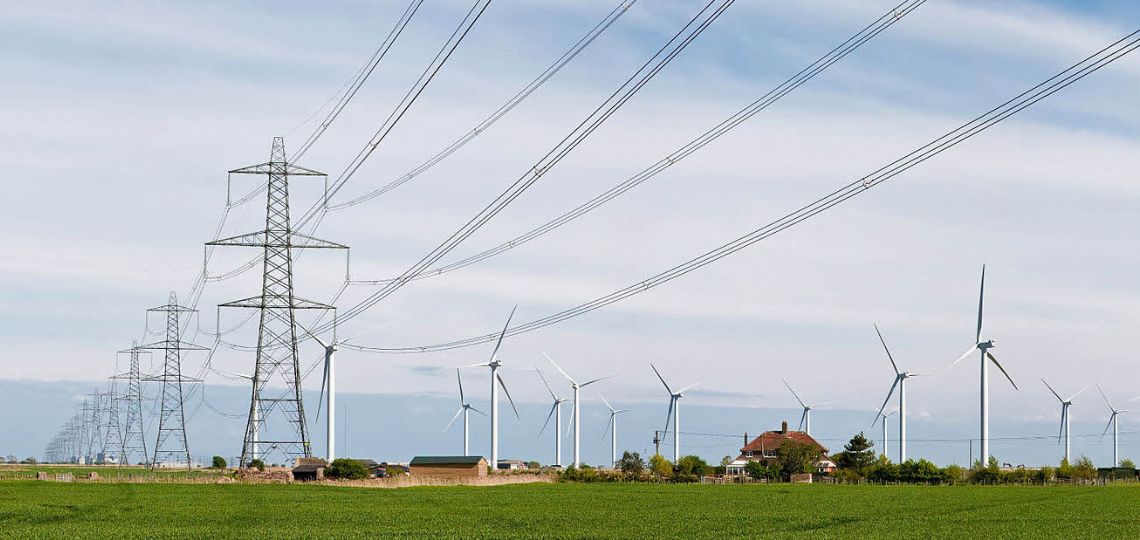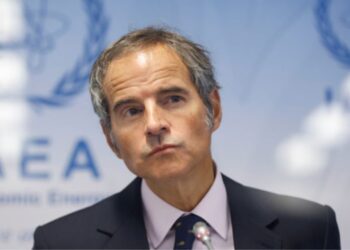The risk of power outages this winter in France is on the way to being controlled, according to the president of the network manager RTE, Xavier Piechaczyk. While the winter of 2021-2022 has been particularly challenging, marked by a significant drop in power generation, the official said the situation is improving.
Risks still present
Although he described the current situation as “almost” safe, Xavier Piechaczyk recalled that there is no such thing as zero risk. Indeed, a major cold snap at the end of winter could still disrupt electricity production. Nevertheless, he emphasized that most of the risks are now behind us. In particular, he indicated that if consumption had not been so greatly reduced by the French, the winter could have been much more difficult.
Electricity production at half-mast
The difficulties of the winter of 2021-2022 can be explained in particular by a very low electricity production in France. According to a report published by RTE, the country produced very little electricity, the lowest since 1992. This decline is explained in particular by the international gas crisis, which followed the Russian invasion of Ukraine, as well as by extremely low hydro and nuclear production.
EDF plans to gradually restore the capacity of its nuclear fleet, but this will take time. The president of RTE has indicated that the availability of nuclear power will only be restored gradually by 2025. Agnès Pannier-Runacher, Minister of Energy Transition, has indicated that electricity production trajectories will increase significantly in the coming years, thanks in particular to renewable energies.
Accelerating the energy transition
To meet electricity needs, it is crucial to accelerate the energy transition. Mr. Piechaczyk called for the current pace to be maintained and even accelerated, particularly by developing onshore renewable energy and offshore wind farms. He also stressed the importance of maintaining energy sobriety on the part of consumers.
State support
In response to EDF’s difficulties, the State, which is its largest shareholder, has promised to support the company. According to Agnès Pannier-Runacher, EDF must be the armed wing of the country’s energy policy. Despite a record net loss of 17.9 billion in 2022, the company remains a key element of the French energy landscape.






